The flight tracker in front of me tells me I have one hour and three minutes left until I land back in San Francisco, in a land where vegetarianism will once again be a feasible possibility. I’ve switched my watch to Pacific time; I’ve changed the default language on Microsoft Word back to English; I’ve said “bye” instead of “chau” with only a slight hesitation. Christmas music played on the plane as I boarded, and the snowy Colorado landscape below me reminds me that I’m no longer in the Southern hemisphere. I’m going home.
The last week has been spent in a lazy, post-final-paper haze: last-minute gift shopping, trekking one last time in the cordillera above Las Condes (and thankfully living through a mistaken wrong turn down the mountainside), “preparing” for my final oral presentation, grabbing last glasses of cheap wine at the bar on the southwest corner of Plaza Ñuñoa, soaking up the Santiago sun at friends’ pools. Ignoring the obvious fact that everything was drawing to a close. We spent our last three days in Algarrobo, the beach town where we began, with the orientation that taught us all the various ways we could die in Chile. (Luckily, we all made it through, and not a single araña de rincón was spotted.) After presenting the final results of our ISP projects, we spent our nights sipping pisco in the hotel’s Salón Inglés, huddled together on couches as we tearfully reflected on the program’s end. I don’t need to explain this part in detail—an intense experience like study abroad, similar to your first sleep-away summer camp, or any backpacking trip ever, just can’t be expressed to those who weren’t involved. Attempts to explain are filled with inside jokes, nostalgic sighs when saying seemingly inconsequential words like “empanadas” or “Valparaíso” or “syrah” or “bread,” the use of many a nickname, and statements like “You just needed to be there.” So I’ll spare you the annoyance that I experienced upon meeting people who went on PWILD before freshman year, and I won’t try to explain.
I will, however, attempt to reflect here on my own personal journey over the past 105 days. 105 days, all culminating in one final project, the project that SIT states is the “most challenging academic experience” its students have ever faced. I personally disagree. For one month, I ate alfajor cookies and manjar-filled panqueques after going on a morning run and before laying out at the beach in Viña del Mar. Work was minimal, as were lessons learned from this project. I learned, for example, that the national strikes (paros) in Chile should not be as common as they are, not only because they impeded my own attempts to research, but because they cause students who don’t eat at home to lose the few meals they receive each day at school. My final results essentially showed me that teachers at Laguna Verde are able to overcome Maslow’s hierarchy of needs simply through their dedication to social change through public education. In other words, because these teachers work hard to reach out individually to students, to give them hugs when they’re down, to give them the freedom they need to let out energy at the beach, even the students coming from the worst home situations are able to achieve immense progress, both academically and in their own personal formation. Which is great for the students at Laguna Verde. However, my results failed to explain what happens in other communities, where the teachers do not have an unusual penchant for social change in the world’s most vulnerable communities, where average class sizes are larger than 12, where a competitive school choice model requires staff to focus more on raising test scores than on students’ education. I spent a month observing a miracle, and yet it doesn’t seem to be replicable.
I don’t mean to say that I learned little during this experience. My knowledge of the Chilean education system is more multifaceted than that of many other native Chileans’: I could talk at length about the Mapuche struggle for rights, or the effects of the Pinochet dictatorship on Chile’s current education policies, or the reasons behind (and hope for) the students movements that picked up speed at the beginning at the millennium. My language ability has increased immensely, and I can finally understand all the po’s and the bacan’s and the cachai’s that only Chile seems to use, and proudly so. I have mastered the Transantiago metro system, and can confidently get off a Valpo bus even before it fully stops. Looking back, I probably learned more this semester in this sense than I ever have at Duke—study abroad is a learning experience that simply can’t be replicated in a classroom.
But the greatest lesson I learned has to do with my bucket list. I had never really written one before this year, but I felt like all this travel created the perfect opportunity—plus, turning 21 reminded me of how quickly time is passing, and how I need to take advantage of every minute rather than continuing to waste it. (The typical quarter-life crisis.) And so, I made mugs on a pottery wheel. I ran my first 10K and am planning on a half-marathon in the spring. I learned to surf (unsuccessfully—also, happy that I can finally admit to this without getting kicked out of my study abroad program). I visited all the places on my Santiago “to-do” list. In general, I did things. And I don’t regret that—I feel that, because I was so intentional with the ways in which I spent my free afternoons and Saturdays, I got the most I could out of my study abroad experience. However, what I do regret is that this new habit has taught me a mindset of capitalistic efficiency and individualism. The list came first: it was inflexible. If I was not “doing” anything on a Saturday, I viewed myself as a failure, and could not find a mindset that would allow me to create alternatives to this predefined sense of “productivity.” I valued crossing off items on my list more than I did the relationships I had the opportunity to form. And yet, looking back, my most precious memories from study abroad are those in which I’m surrounded by those in my program: making ourselves sick with maple-walnut pies at Thanksgiving, scrambling up boulders on our way into the Andes, reflecting on our rural experience around a smoky bonfire in a rukka, taking over a karaoke bar after our very first terremotos, racing to the microwaves every day at lunch at Casa SIT. I was lucky to have found 18 other gringos to share this experience with—otherwise, it would have been a waste. For, yes, I did learn a new form of independence; yes, I improved my Spanish; yes, I did my first independent research project. But the lessons I learned from these other gringos are worth a lot more: generosity, intentionality, laughter, selfless love, confidence, humility, childish innocence, a sense of welcoming, listening, hope, critical thinking, trust. Once again, I come back to Chris McCandless.
(many of these photos have been unashamedly stolen from the talented Caroline Bybee. she’s also a pretty great writer.)
It’s 21 minutes now until I land. My year began on the third story of a half-built church watching fireworks light up the Costa Rican sky over Alajuela and San Jose, continued to the clearest blue waters and empty concert halls of Bermuda, drove me through the rain of the Pacific Northwest towards the misty ocean valleys of Vancouver, flew me to the dust and confusion and constant frustrations of India, took me down to the asados and machismo and passion of Chile, dropped me briefly into the Parisian haven of Argentina, and will eventually lead me back to a New Year’s Eve watching the Avett Brothers in North Carolina with old friends. It’s been a journey. And it ends here. Thanks for listening.
(Costa Rica photos: credit to Christine Delp)
(Bermuda photos: credit to Phoenica Zhang)

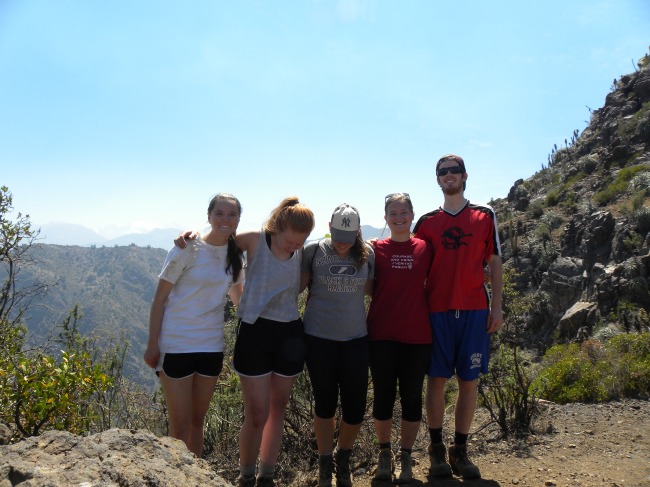
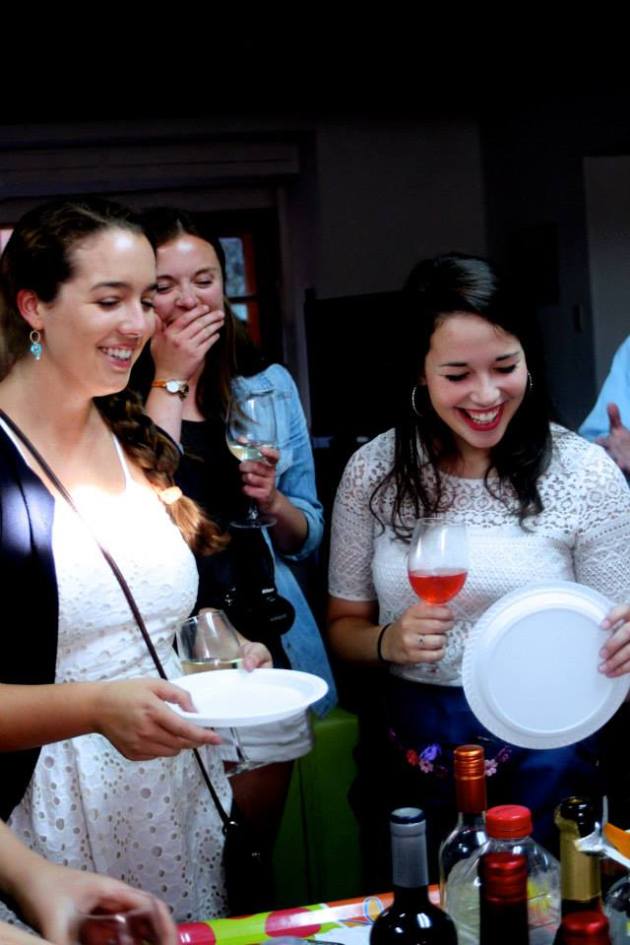
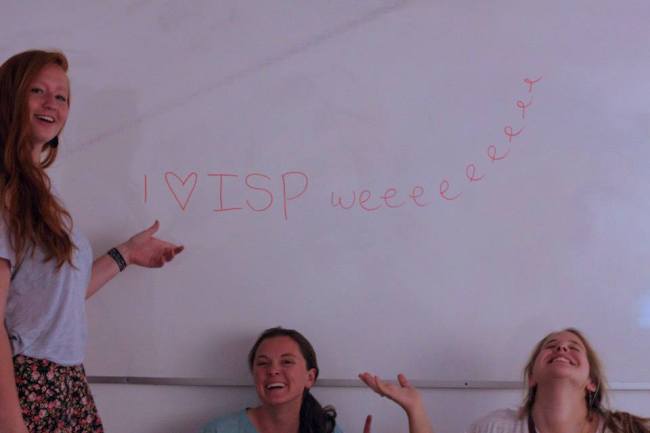
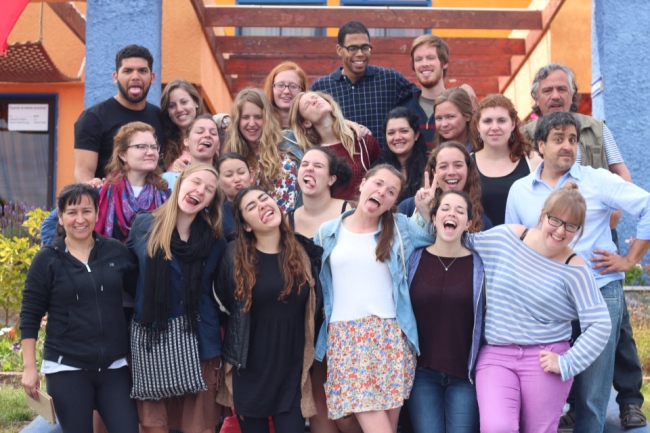
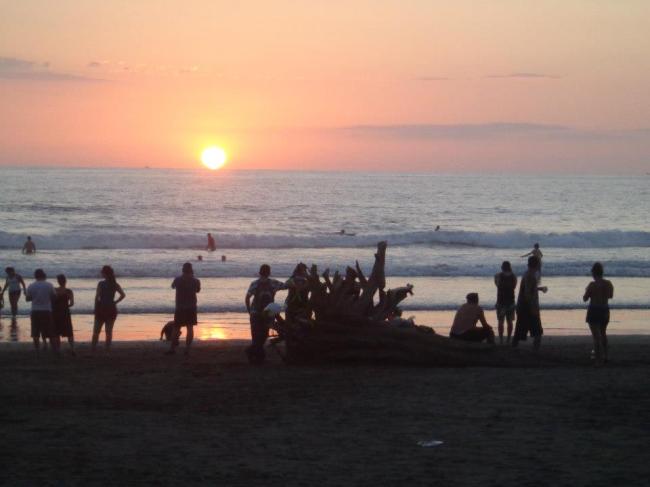
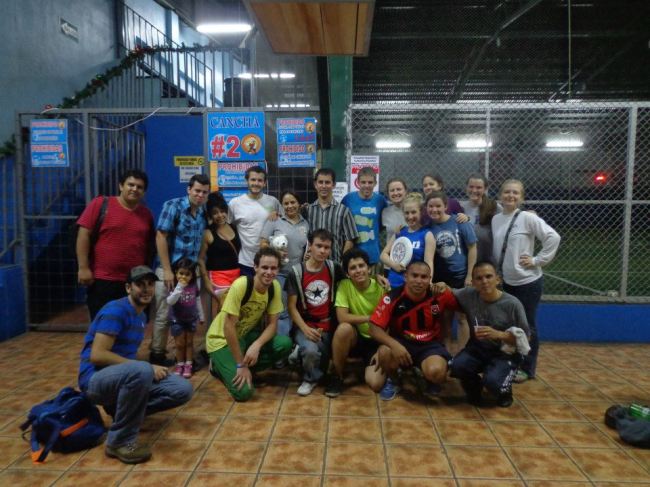
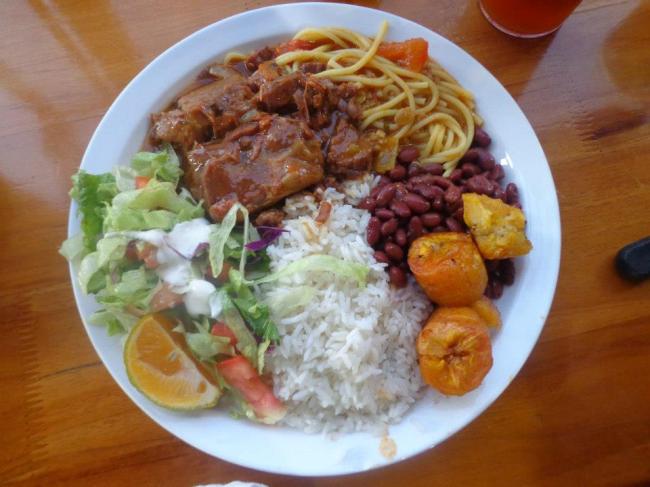
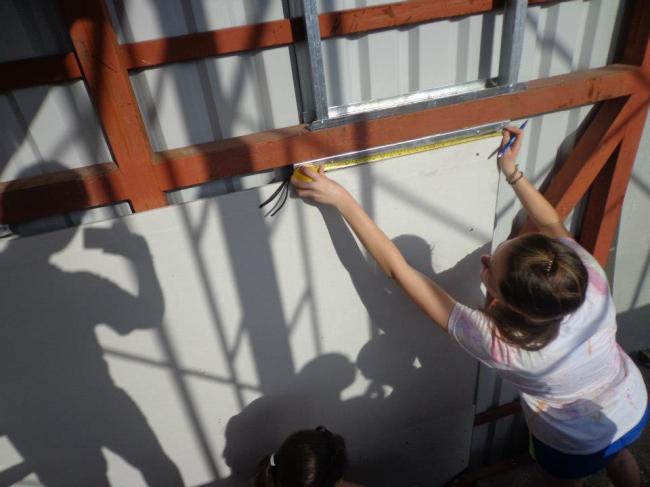
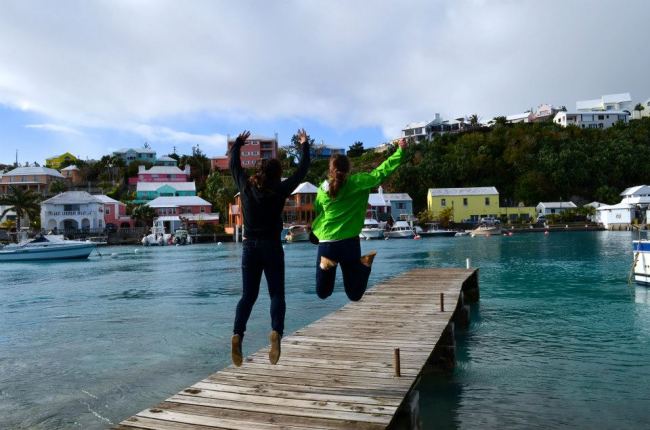
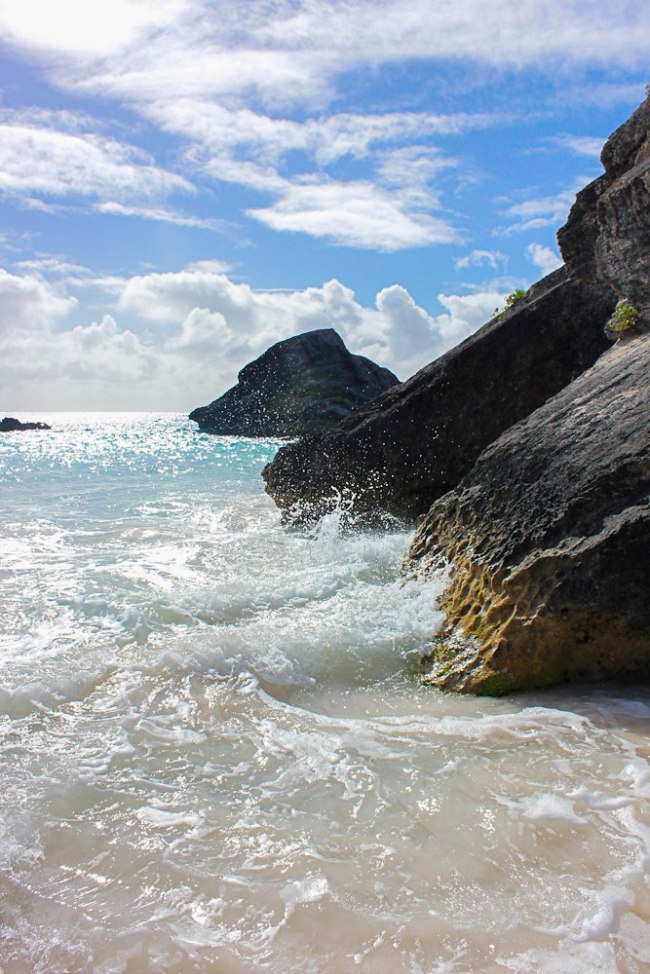
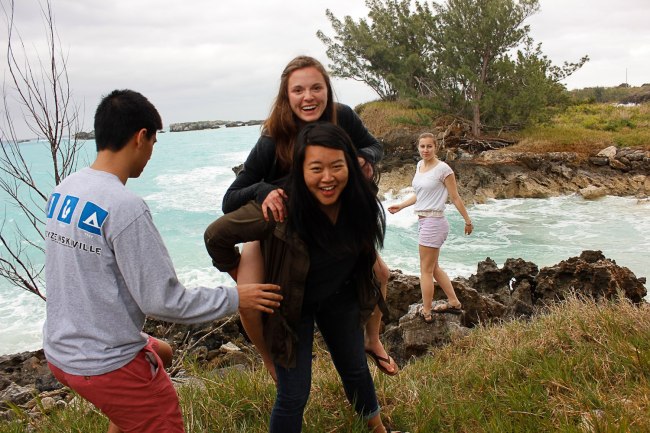
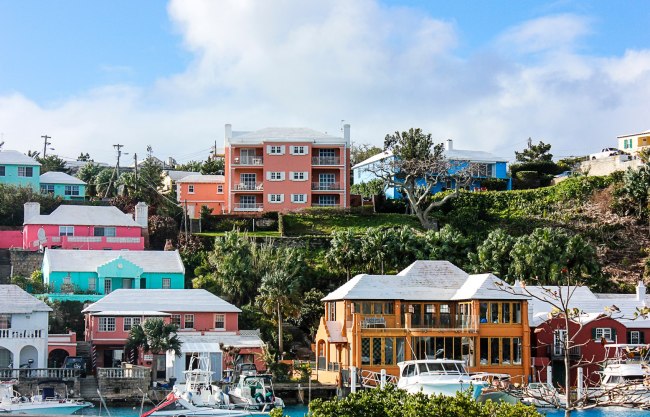
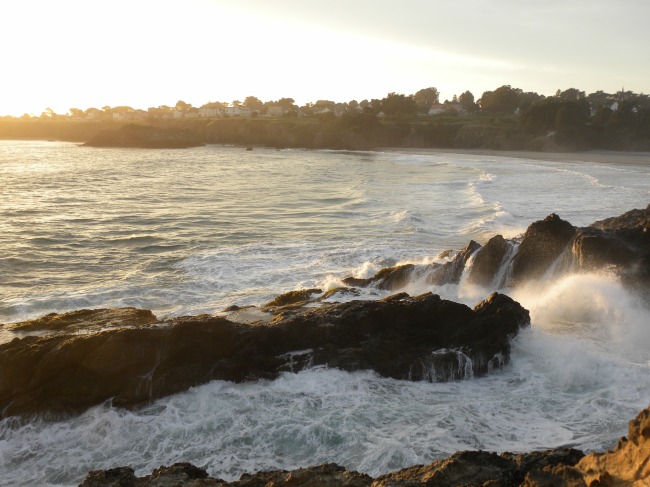
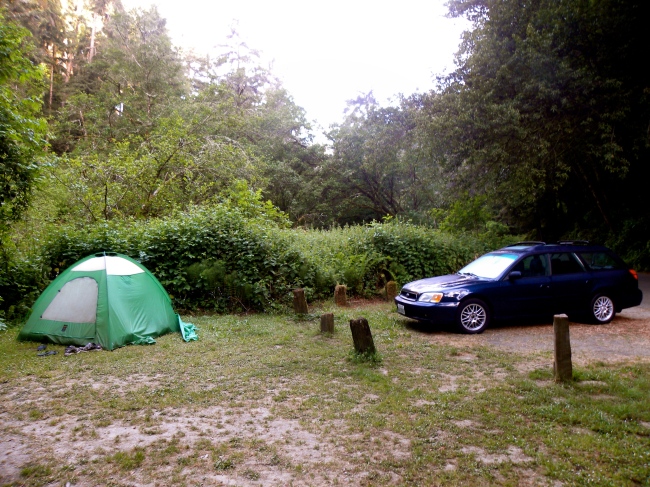
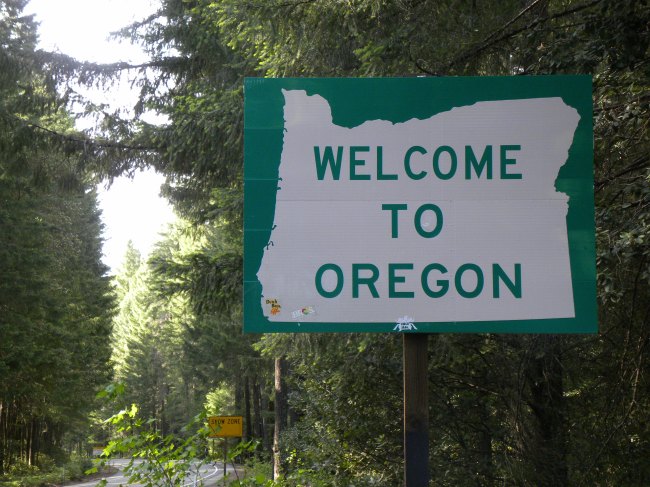
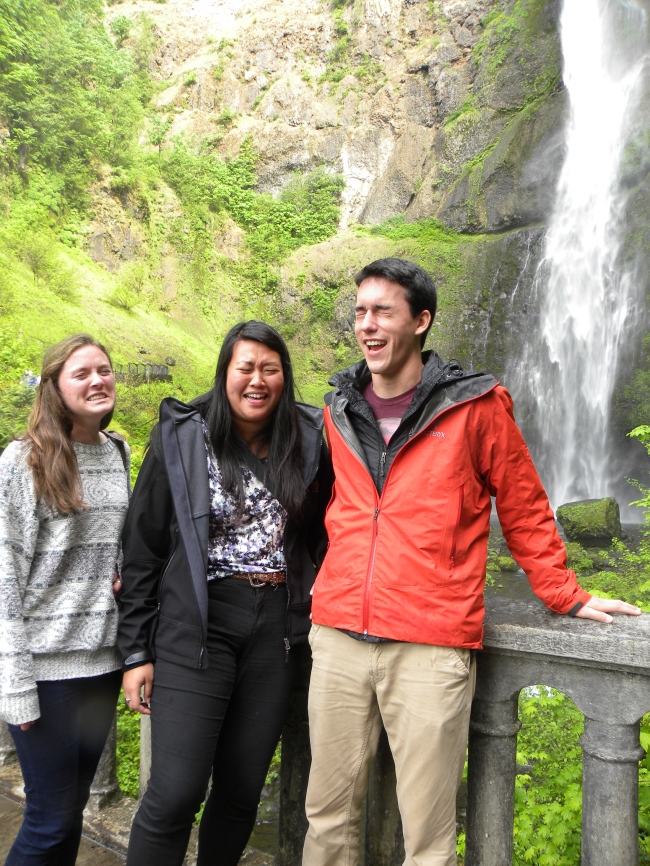
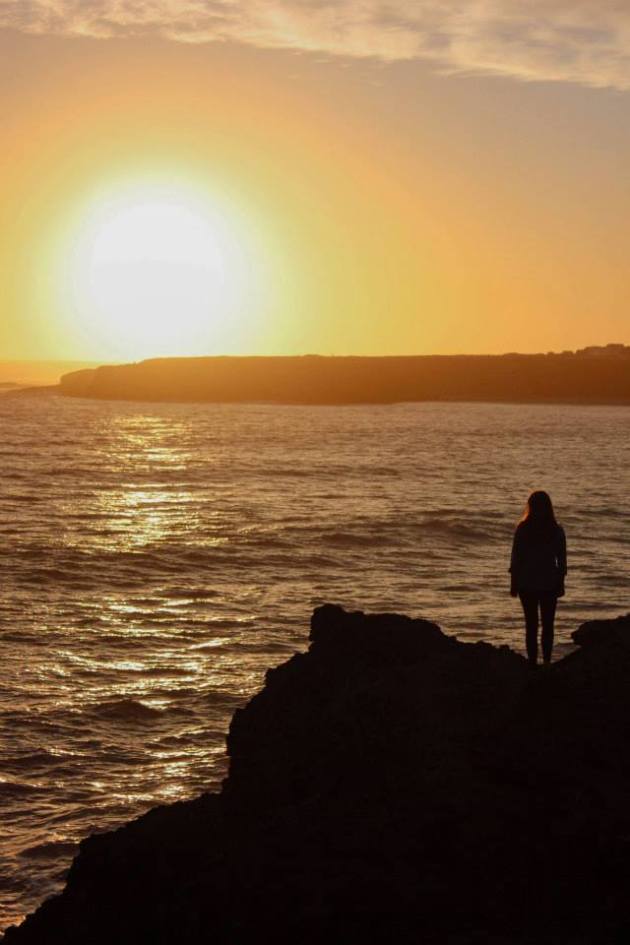
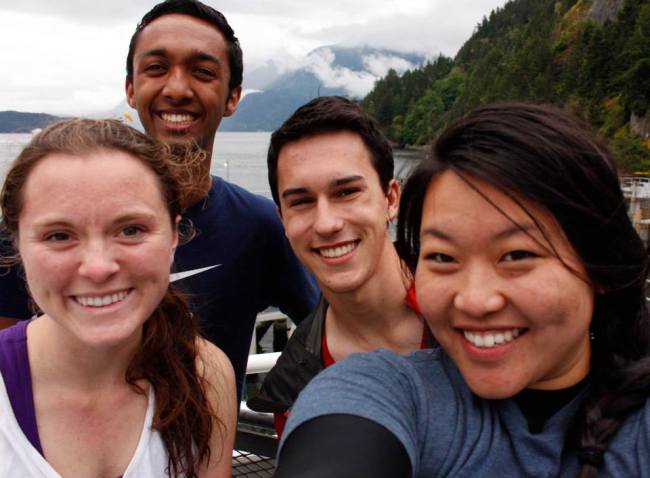
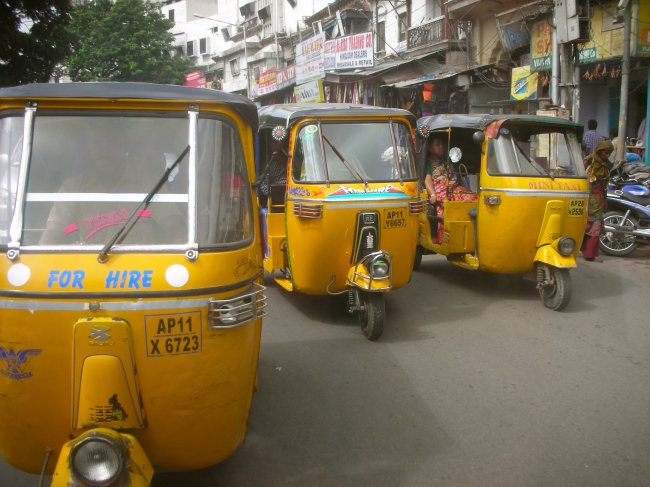
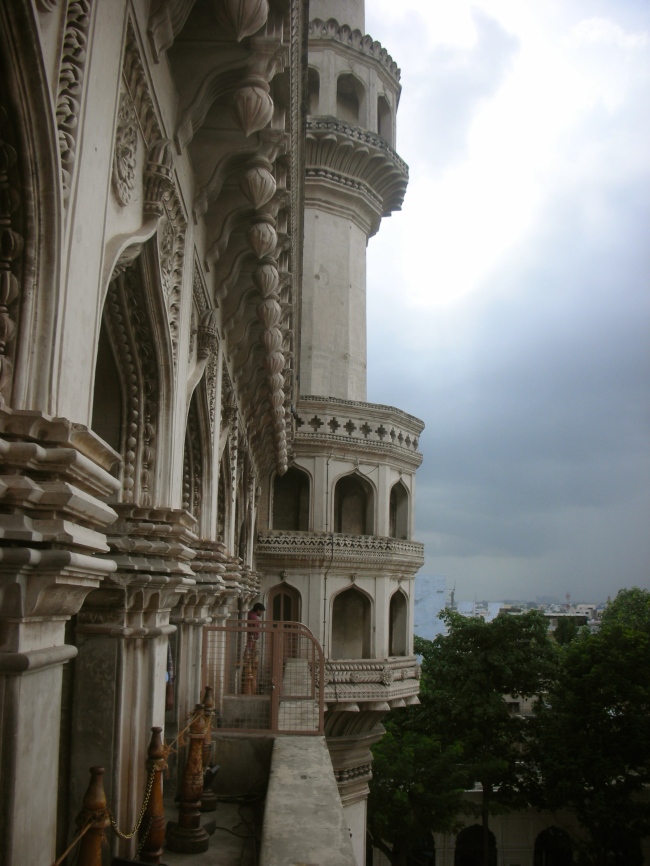



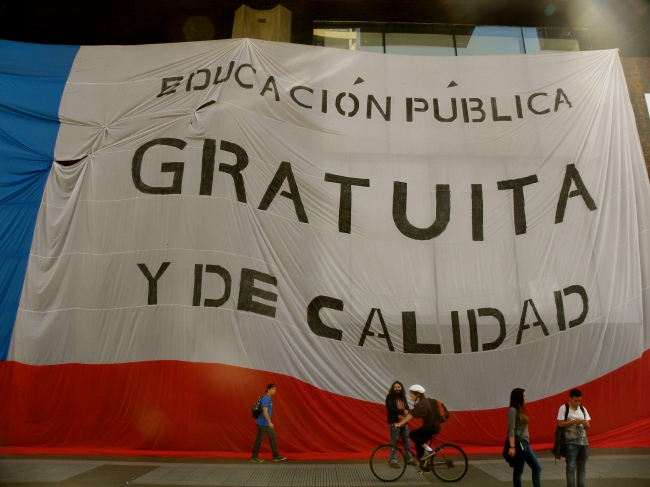
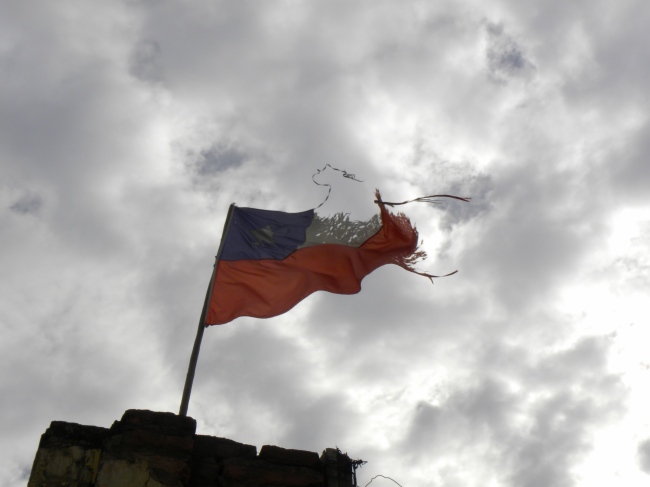
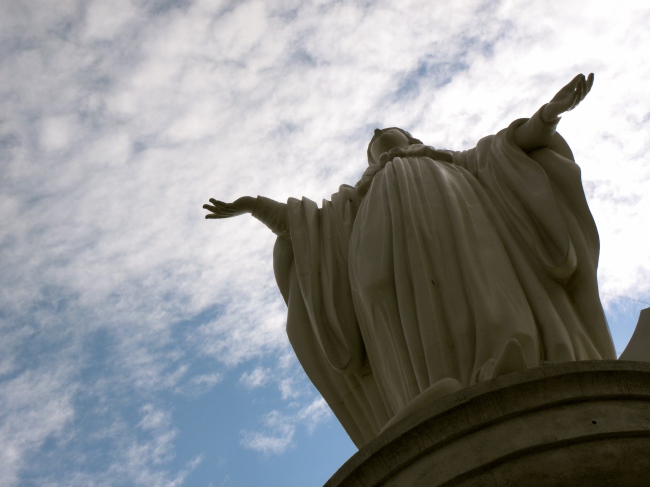
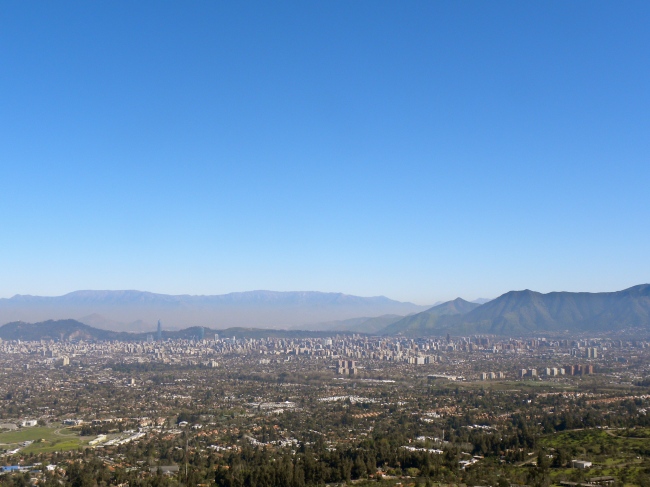
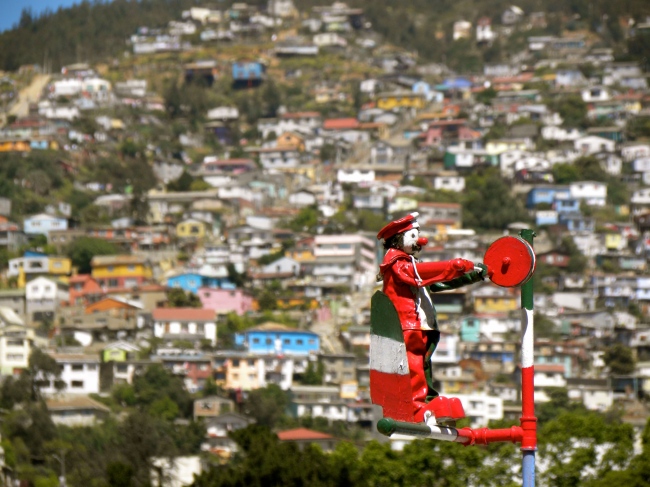
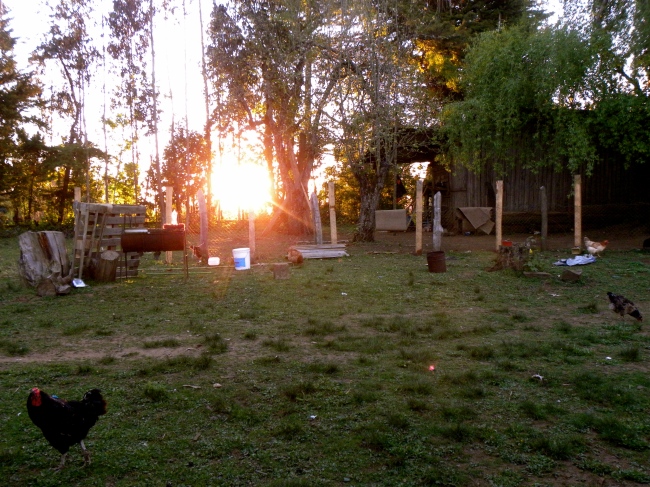
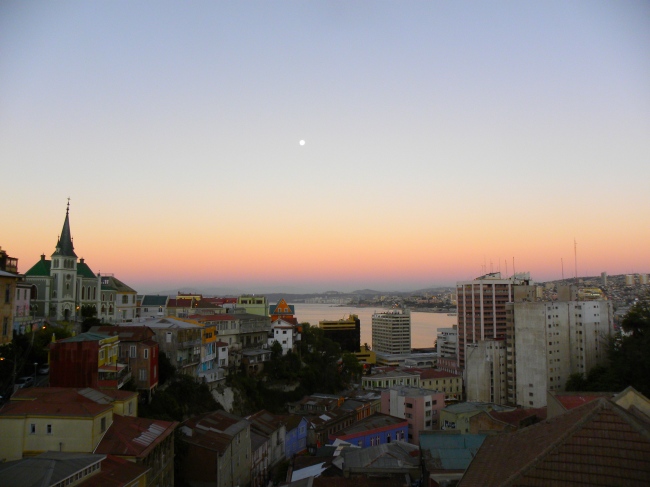

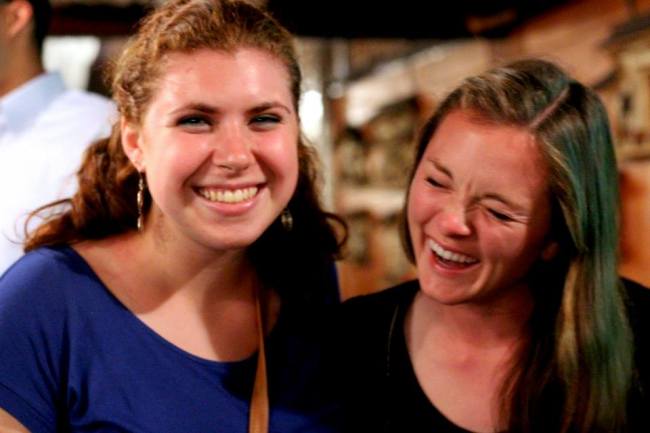
Congratulations Katherine! Your experiences will continue to produce valuable insights as they permeate your work going forward. I believe what you saw at Laguna Verde IS replicable, but there has to be an enormous shift in social and political values at every level. That may be starting to happen. West Lafayette, Indiana is a pretty conservative city. I grew up just across the river in Lafayette, so I have some sense of the political and social climate there. I’m amazed to see that a new documentary film, created and funded by the West Lafayette Education Foundation, was attended by 1,000 people last night. Here’s a link to the film: http://riseabovethemark.com/action.
And the story in today’s local paper:
http://www.jconline.com/article/20131212/NEWS04/312120044/1-000-attend-documentary-premiere-two-years-making
Some background on the project here:
http://www.jconline.com/article/20131212/NEWS0401/312090028/Schools-documentary-set-Thursday-premiere
AMEN! to this: “However, what I do regret is that this new habit has taught me a mindset of capitalistic efficiency and individualism.” Efficiency is overrated, and sometimes even soul-crushing, IMO. We aren’t machines.
I hope you continue to blog. You give me hope.
Have a wonderful Christmas!
Mary